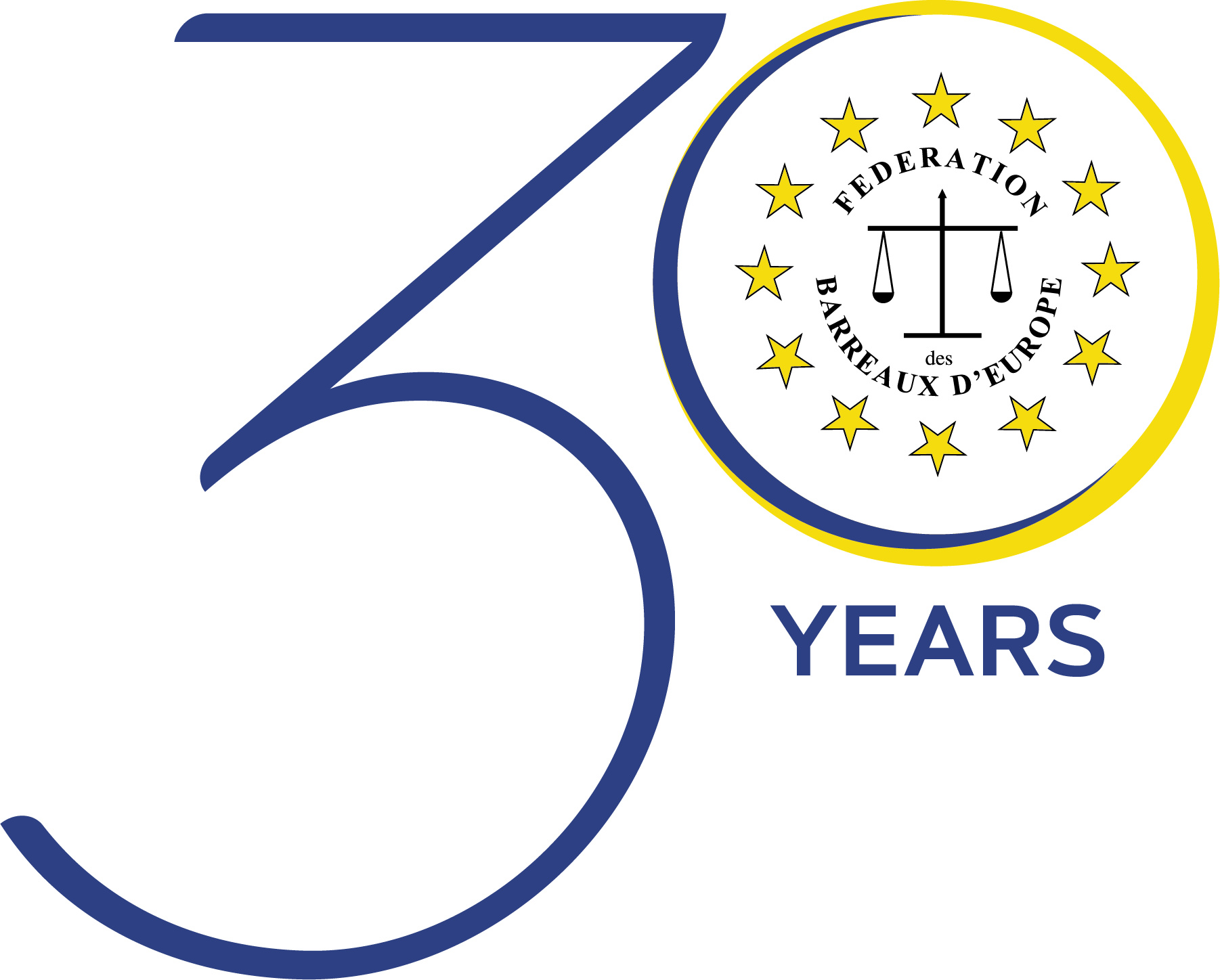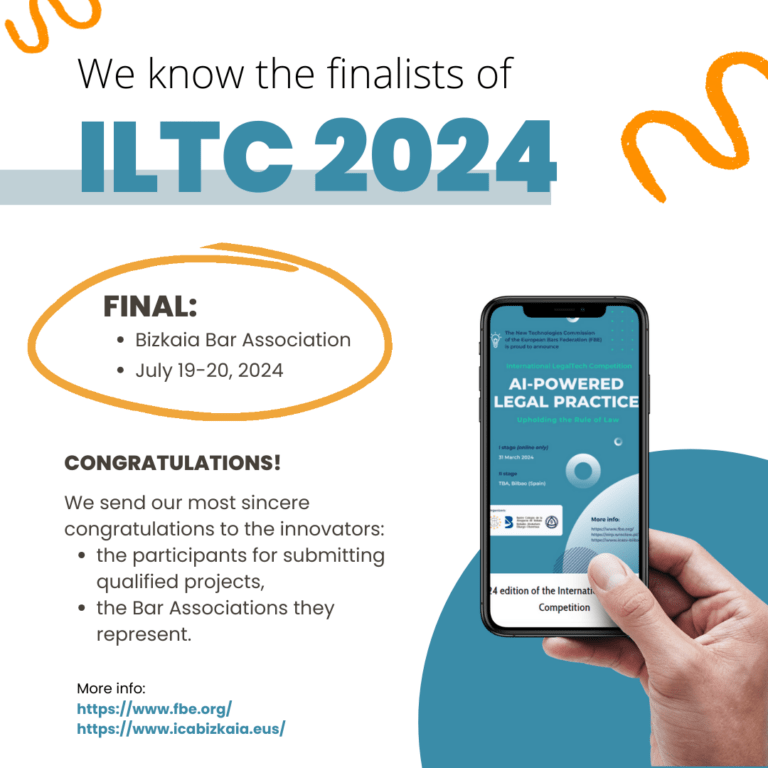Agnieszka Poteralska represented the New Technologies Commission at the “Forum Legal Transformation 2024” organized by EY Academy of Business. The annual event, held in Warsaw, brings together a wide range of legal professionals to share knowledge and experience about the latest changes and trends in the legal industry. Speakers at the conference include leading experts from a variety of legal backgrounds – law firms, legal departments, legal operations divisions, managers and others, who discuss the opportunities and challenges associated with the transformation of the legal sector.
Agnieszka contributed to the debate by taking part in the panel “How is generational change transforming the legal function? Intergenerational debate of lawyers”. A diverse group of lawyers exchanged views on the different approaches to practicing law from the perspective of generational differences. Senior lawyers emphasized the importance of building long-term relationships with clients, in-person encounters, cooperation with employees who have high work ethic and are willing to invest their time and efforts to contribute to the success of their workplace. They noted that the way legal services are provided is changing, but technologies will not replace lawyers due to the specifics of the profession as it requires professional secrecy, individual approach, creativity and involves not only the ability to analyze, but also a sense of justice and empathy. Representatives of the younger generation, on the other hand, argued that managing the legal business and relationships with clients, as well as the needs of employees in the legal sector have changed so significantly that it became difficult to remain in existing ways of operation and sticking to the status quo. In their experience, relationships with clients are not negatively affected by online interactions. Also, clients require lawyers to be more agile and proactive in creating more efficient ways of providing legal services. Meanwhile, employees in the legal sector are increasingly prioritizing psychological safety and work-life balance over financial benefits and the prestige of their potential place of work. During the discussion also technology-related topics were raised. Agnieszka shared her views based on the Commission’s work in developing guidelines for the use of generative artificial intelligence by lawyers, firstly published in 2023 (the update of the guidelines from September 2024 is available on FBE’s website: https://www.fbe.org/nt-commissions-guidelines-on-genai/). She pointed out that more and more lawyers are using GenAI tools to become more efficient and competitive in the legal market, while not always being aware of the challenges involved, including risks related to data security, maintaining confidentiality and standards of professionalism. In response to that, the New Technologies Commission has developed the said guidelines to draw lawyers’ attention to the possibilities and challenges related to the use of generative AI tools in legal practice.
This year’s debate focused strongly on technological topics, the use of GenAI tools and LegalTech. The panelists discussed how AI is transforming the legal function and shared practical tips on how to effectively implement and use AI in legal practice. Conversations also circled around the topic of technological adaptation, i.e. if and to what extent lawyers use LegalTech solutions.
While noting the growing importance of technology and the use of GenAI tools in daily work, the speakers also addressed topics related to maintaining work-life balance, the risks associated with burnout (how to recognize and prevent it) and pointed to opportunities for career and development support such as mentoring and coaching. Encouragingly, attempts were made to balance the debate on practicing law in a modern way by identifying the latest trends in technology and efficiency while considering the necessity to take care of own welfare and that of the team. This shows that despite advanced tools, automation of processes and strive for efficiency, lawyers became more mindful of the human aspect, including health and mental well-being, which are equally important, if not essential for long-term success in our profession.



